Welcome Gari!
Gari Tudor-Smith
Can you please introduce yourself?
Hello, my name is Gari and I'm a Barada, Yiman, Gangulu and Gureng Gureng Murri from Central Queensland and now living on Yagara Djarra (Country). I’m also a linguist who is passionate about language and cultural revitalisation.
Can you tell us a bit about your linguistics journey? Or about the language work you’ve been a part of?
I've been working on my own languages since 2018, digging through archives to build my language database and now I’m working on a Gangulu learners guide and dictionary. I worked at The University of Queensland on a number of different language projects including several e-dictionaries, the Nyingarn repository, the Indigenous Language Revitalisation program, and I am a co-author of Bina: First Nations Languages Old and New.
What inspired you to get involved in language work?
My bulu (paternal grandfather) was a first language speaker of Barada but he was prohibited from speaking lingo under the Act. We had some words passed down in the family but it wasn't until I started studying linguistics that I started on my language journey. I became interested in linguistics after learning Spanish while travelling in South America. It was during my second semester that I found out that linguists studied our languages and made dictionaries, so from there I knew I was supposed to be working with my own languages.
What interests you about language work (or why do you think it’s important)?
Language encodes our culture, our Knowledges and who we are as Murris. When we speak lingo we are speaking to Country and to our Old People, and we are healing our communities and healing Country, so revitalising and strengthening our languages and cultures is fundamental to environmental justice and social justice.
What are your hopes and aspirations for your role as a linguist, and working with Living Languages?
I see myself as a conduit between the academic world and community. A lot of our language materials are inaccessible to Mob because of the way it was documented and the terminology used. I hope I can help other Mob to understand the grammar of our languages and to navigate archival documentation.

